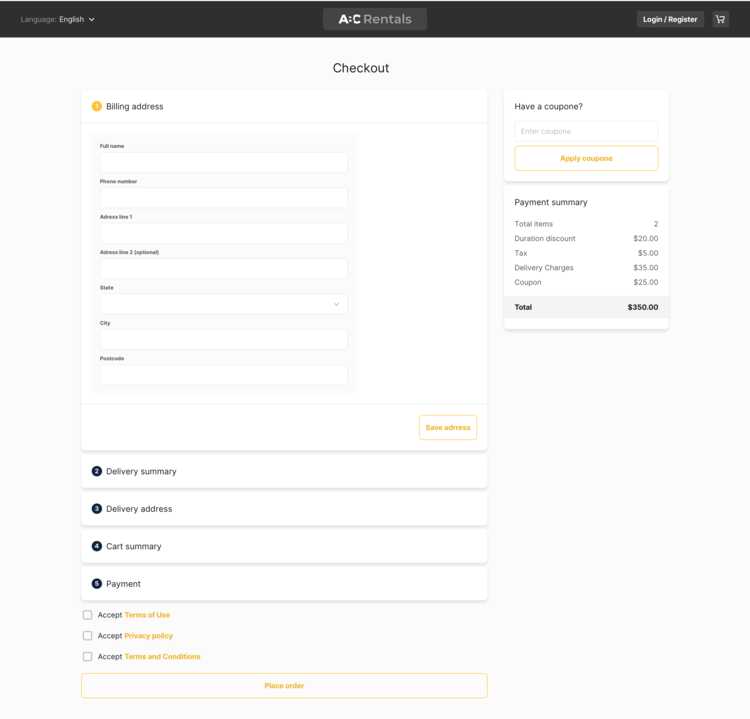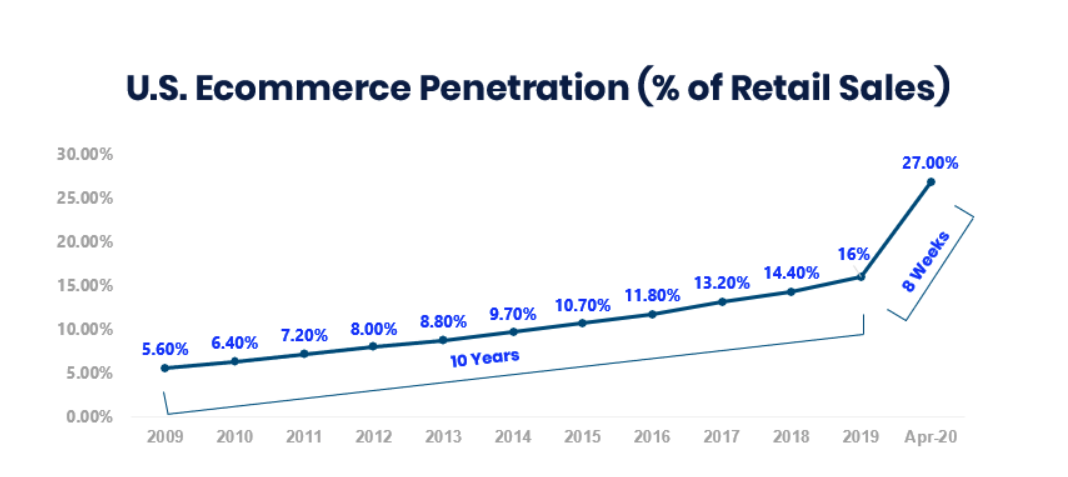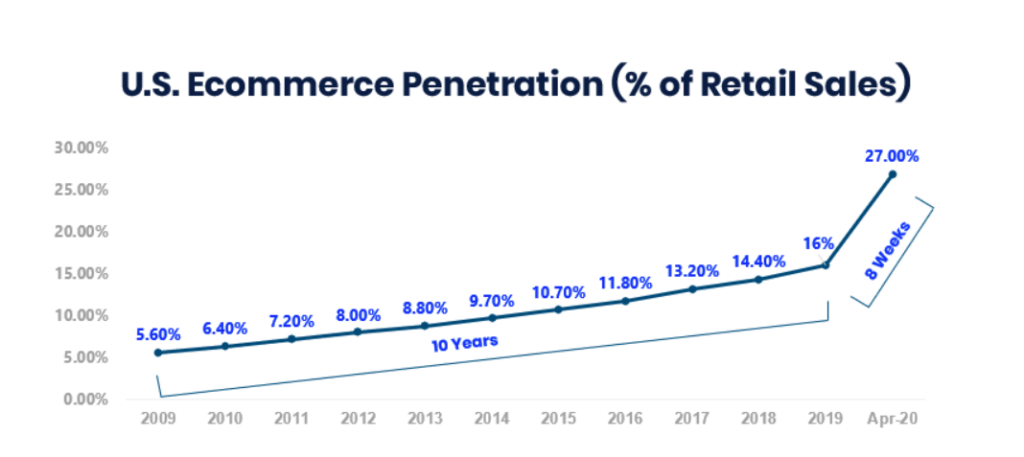Right now, approximately 20 percent of your existing and prospective customers would prefer to do business with you online as opposed to by phone or in person. Ten years ago, that number was closer to zero percent. Ten years from now, that number could conceivably reach 80 percent.
Driving this upsurge will be consumers who belong to the Millennial and Generation Z age groups. You have been serving more and more of them in recent times and that trend is only going to continue.
Inasmuch as these younger generations are destined to become the dominant demographic making up your customer base, it will pay to start pleasing them now — and what will please them most is the ability to make reservations entirely online, whether by computer or with a smartphone.
Younger customers — whether they are interested in renting for commercial work or for home DIY projects — want the same things from you. What they want is convenience and a satisfying experience. Accordingly, the equipment and event rental industry needs to embrace the “one-click” generation.
Add an online renting capability. In order to successfully serve the one-click generation, you’ll need to acquire the online renting capability your younger customers are eager to utilize.
You don’t need to go full Amazon.com, but you do need to mimic Amazon’s convenience. Your online customers should be able to easily log into your system, quickly find desired equipment and accessories, place them into a virtual cart, sail over to checkout, and then breeze through the remainder of the transaction.
Chances are that you already operate a website to promote your business. If so, then you have the necessary foundation for adding a backend system that permits you to offer online renting.
Any such backend system you acquire will need to provide these features:
- Optimized SEO capability.
- Access to the cloud.
- Virtual shopping cart.
- Plenty of checkout functionality.
- Robust payment gateway.
- Electronic signature collection.
- The ability to upload proof of insurance.
- Customer access to orders via a password-protected portal.
- Automated email confirmations, reminders and other notifications.
- Integration with your existing system to permit management and approval of incoming online orders.
Those system features will provide your customers a powerful option to the old-fashioned way of obtaining needed equipment — namely calling on the phone and inquiring as to whether a particular piece of machinery is available on a specified date, then verbally relaying required information in order to secure a reservation.
How might those who value convenience over all else respond if you’re unable to, for whatever reason, take the call and it goes to voicemail? Given the choice of twiddling their thumbs while waiting for a callback or contacting your competition — a rival that offers the instant gratification of renting online — you can rest assured that most Millennials and Gen Z customers will pick the latter.
Many enterprises address this missed-call problem by hiring extra staff. The deficiency with that strategy is it increases overhead and eats up profits. Online renting, on the other hand, is a solid solution to perennial labor shortages in that it allows you to maintain your service levels with fewer employees.
Also, let’s assume the customer was able to connect with your staff by phone. Afterward, the customer must physically come to your office and complete the paperwork process as well as give you a cash deposit. For the customer, this call and trip represent potentially a couple of hours of time lost.
Adjusting current processes to an online world. The bread and butter of rental companies is providing a high-touch, consultative service to ensure that renters can use the right tool for the project — not what they think is the right tool. Oftentimes, renters come into a store thinking they need one thing, when in fact they need something else entirely. However, thanks to your expertise, they’ll avoid much headache and frustration.
In the short term, it may be helpful to view online rental requests as the starting point of your relationship with your customers. This is especially true when you’re dealing with first-time renters. For them, it can be helpful to institute processes whereby you’ll call them and confirm their order to ensure they’re renting exactly what they need.
Longer term, technology is well-suited to remove these phone calls and further streamline the rental process. Think of Trunk Club as an example — shoppers are asked a series of questions related to their personal style, size, use case and budget, which are then curated to enable the system to make wardrobe recommendations. Digital decision trees like this already are being used in other business-to-consumer (B2C) transactions, and it’s completely feasible to layer them atop the already great online renting experiences available today.
Online renting’s biggest advantages. Beyond cost savings and streamlined operations, a key advantage of online renting is that customers feel they have greater control over the process. They can fill out the forms at their pace rather than at yours. Once the initial account is set up, subsequent transactions are even easier, which leads to more frequent rental transactions. In addition, by having your catalog easily accessible online, customers can browse more efficiently and rent things they didn’t know they needed until they see it presented to them online.
Still, the biggest advantage of online renting is the substantial improvement in the quality of the experience delivered to the customer. Online renting technology gives your market another channel through which it can interact with you. The more channels available for interaction, the stronger your position is within that market.
The top rental businesses — United Rentals, Sunbelt and The Home Depot — have each built their own online renting platforms. Independents, meanwhile, have fallen behind because they lack the millions of dollars to invest in developing their own versions of the systems operated by the biggest players. For this reason, increasing numbers of smaller outfits are turning to plug-and-play technology — affordable yet customizable software developed for the express purpose of letting them compete against the industry giants.
If you decide to introduce e-commerce to your business mix, look for a platform that can translate your brand, customer loyalty and expertise into a highest-quality online presence. In other words, choose a platform that enables you to be outstanding — the very essence of an amazing rental experience as Millennials and Gen Z would define it.
Kyle Clements is the founder and CEO of Quipli, Oakland, Calif., a maker of advanced software that lets independent rental companies accept customer orders and receive payments online, as well as gain unprecedented control over rental inventories, scheduling and much more. For more information about the company, visit Booth No. 8007 at The ARA Show™ 2021 in Las Vegas or go to quipli.com.




